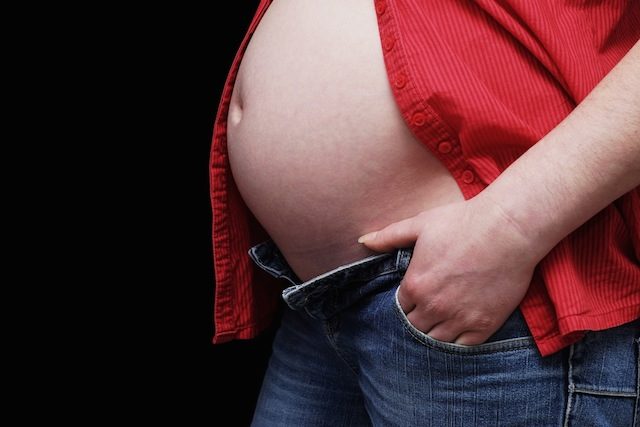SUMMARY
This is AI generated summarization, which may have errors. For context, always refer to the full article.

NEW DELHI, India – An Indian “woman” who discovered she had mostly male chromosomes has given birth to healthy twins after intensive treatment in what doctors said Monday, February 9, was the “rarest of rare cases”.
The 32-year-old had an intersex condition in which she had the physical appearance of a woman but had more than 95% XY chromosomes, fertility specialist Sunil Jindal told Agence France-Presse.
The woman underwent more than 12 months of hormonal and other medical treatment to develop her “infantile uterus” to allow her to eventually conceive and give birth on Friday to a boy and girl.
“This is akin to a male delivering twins,” said Jindal by phone from Meerut city, some 70 kilometers (43 miles) northeast of New Delhi.
“She did not undergo puberty and never menstruated. When we investigated further we found that she had a very small vagina and an infantile uterus.”
Jindal said his team of doctors discovered during their research that there had only ever been five reported cases of such pregnancies in the world.
“It’s nothing short of a medical miracle. We are really happy that we could pull it off.”
He said the woman was startled to learn she had the condition, but was determined to undergo the treatment to get pregnant.
“Even she did not know she had this condition and was flabbergasted when we told her about it. But the husband was very supportive and told her ‘no matter what you continue to be my wife’,” he said.
Her husband’s sperm was used to fertilize a donor egg which was then implanted in the woman’s now developed uterus.
The babies were born through caesarean section, weighing 2.25 kilos (4.9 pounds) and 2.50 kilos (5.5 pounds) each. – Rappler.com
(“Pregnancy” image courtesy Shutterstock)
Add a comment
How does this make you feel?
There are no comments yet. Add your comment to start the conversation.